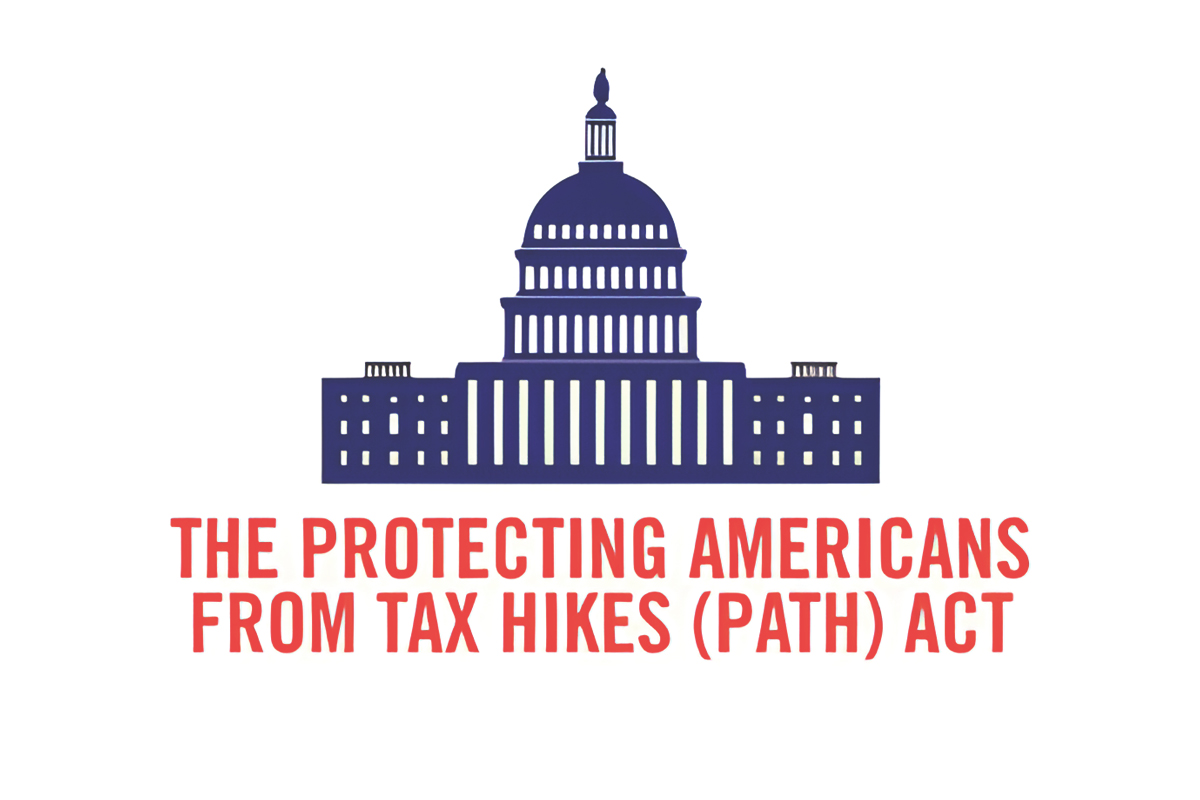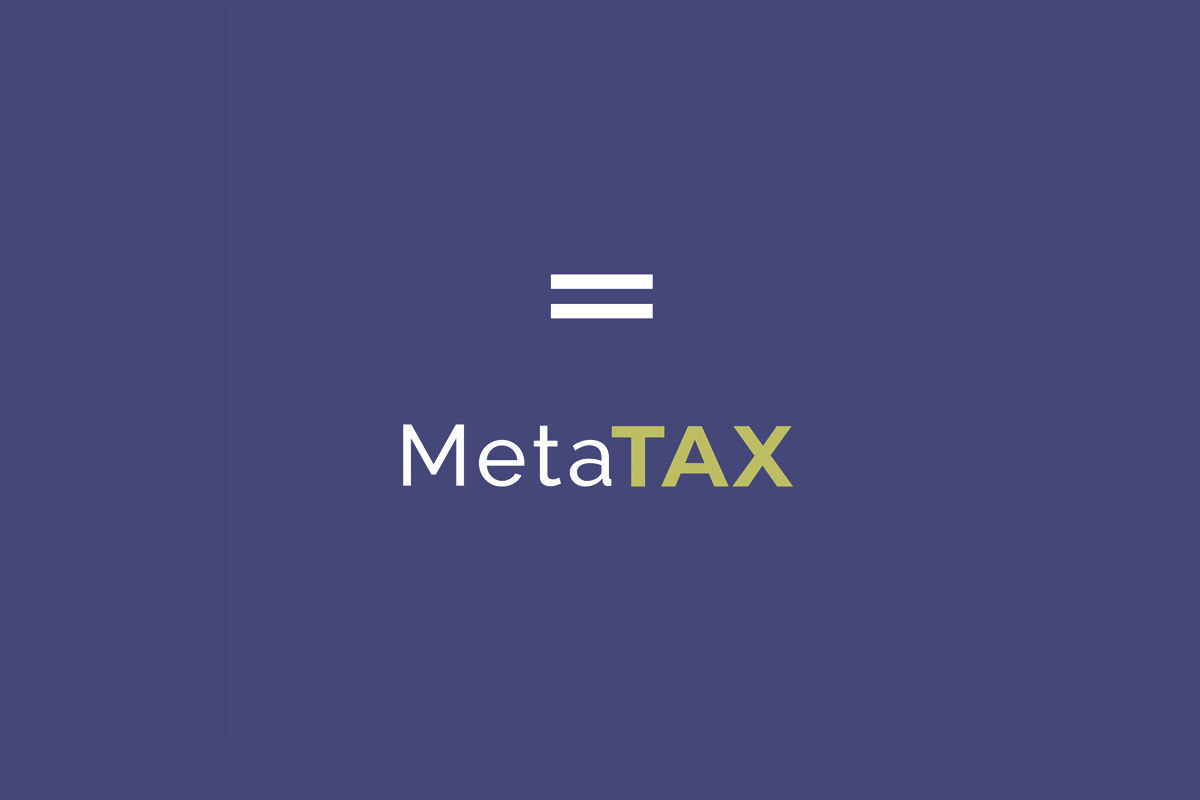
Start now
File as early as you can for the fastest release
Filing early doesn’t skip the legal hold for EITC/ACTC, but it puts your return at the front of the line when the hold lifts and reduces the risk of identity-theft delays.
If you claim the Earned Income Tax Credit (EITC) or the Additional Child Tax Credit (ACTC), federal law requires the IRS to hold your entire refund until at least mid-February. Below is a quick checker, the timeline, and official links. We also explain acronyms like WMR (“Where’s My Refund?”) and IP PIN (Identity Protection PIN) in plain language.

Start now
Filing early doesn’t skip the legal hold for EITC/ACTC, but it puts your return at the front of the line when the hold lifts and reduces the risk of identity-theft delays.

60 second answer

In plain English
To reduce identity theft and improper refunds, the IRS must wait until mid-February before issuing refunds on returns that claim the EITC or ACTC. The hold applies to your entire refund, not just the credit amount.

Timing

Action steps

Be careful
Claim credits only if you qualify and keep records. Improper claims can lead to penalties or multi year bans.

Official resources
We’ll confirm eligibility, file accurately, and set expectations for when your refund should arrive.
Note: Refund timing depends on IRS approval and your bank. Laws and dates can change each season always verify with the linked IRS pages.